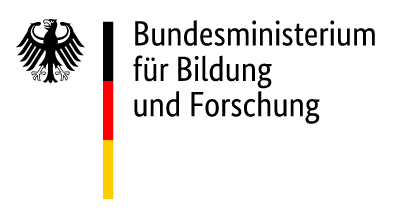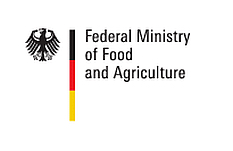Diversity components in mosquito-borne diseases in face of climate change (DiMoC) [2020-2023]
DiMoC will contribute to better understand the effects of biodiversity in mosquito-borne pathogen transmission. Through the analysis of different organisational (hosts, insects, viruses, human population), spatial (continental, regional, local, organism) and temporal scales (current conditions / future projections), DiMoC will test whether:
1. Greater diversity in insect-specific virus hosted by mosquitoes results in a reduced relative risk of transmission of a virus through interactions within these populations;
2. Mosquito diversity is influenced by interspecific interactions (e.g. competition) between species, which translates into different relative transmission risk;
3. Greater host species diversity reduces the transmission risk due to the dilution effect;
4. Changes in climatic conditions explain current large-scale patterns of pathogen, vector, and host diversity more than socio-economic conditions;
These results will allow to evaluate whether scenarios and models including climate, landscape diversity, and societal diversity can be used to quantify uncertainty in future trends of risks in pathogen transmission.










